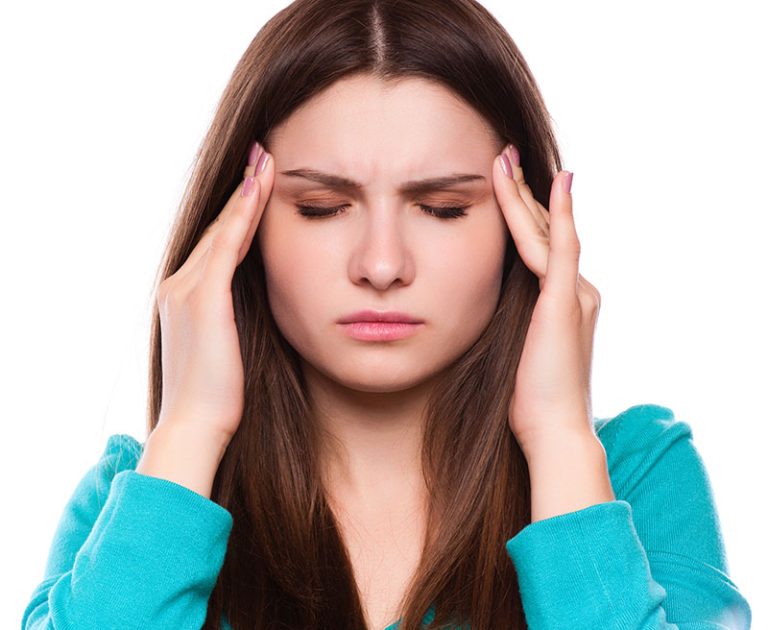
How Does Alcohol Affect the Brain
How Alcohol Affects the Brain
Alcohol is one of the most widely consumed psychoactive substances in the world. While moderate drinking may have some potential benefits, excessive alcohol consumption can have severe negative impacts on the brain and body. How does alcohol affect the brain?Understanding how alcohol influences brain function is important for recognizing both short-term and long-term effects.
Short-Term Effects
When you consume alcoholic beverages, the alcohol is rapidly absorbed into your bloodstream from your stomach and small intestine. It then travels through your bloodstream to your brain. Alcohol is able to penetrate the blood-brain barrier quite easily. How does alcohol affect the brain?Here are some key short-term effects alcohol can have on the brain:
Impairs Coordination and Motor Function
Alcohol exposure suppresses activity in the cerebellum, which plays a major role in coordinating movements and motor function. This is why people experience slurred speech, unsteadiness, and lack of coordination when intoxicated. Simple tasks like walking a straight line become extremely difficult.
Slows Reaction Time
Alcohol impairs communication between the brain’s neurons by interfering with receptors and neurotransmitters. This sluggish processing speed translates to significantly delayed reaction times when drinking. Reflex actions like hitting the brakes become dangerously slowed.
Distorts Judgment and Decision Making
The frontal lobes of your brain are highly susceptible to alcohol’s effects. These areas control emotional control, reasoning skills, impulse moderation, and decision making. Intoxicated people struggle with exercising good judgment on even simple matters.
Amplifies Emotional Instability
Alcohol acts as a depressant on the brain by enhancing GABA activity, which has a calming, sedating effect. It also impacts serotonin and dopamine release, which regulates mood. This can cause rapidly shifting emotions from sadness to anger or aggression in some individuals.
Disrupts Sleep Patterns
While alcohol initially acts as a sedative to help fall asleep quickly, it interferes with the normal sleep cycle architecture. Alcohol reduces restorative REM sleep while promoting sleep disruptions later in the night as it metabolizes, leading to poor sleep quality.
Increases Risky Behaviors
When sober brain functioning is suppressed by alcohol, impulse control goes out the window. People are much more likely to engage in aggressive, violent, or other risky behaviors like drunk driving or unprotected sex due to lowered inhibition.
Brain Damage Over Time
While the brain can often recover from short-term effects of drinking once sober, chronic heavy alcohol exposure over months and years can lead to more lasting, severe brain damage. How does alcohol affect the brain?This neurological impairment spans multiple areas:
Shrinks Brain Volume
Long-term alcoholics show significant loss of brain volume and white matter integrity compared to healthy non-drinkers. This brain damage and shrinkage is linked to cognitive deficits and an increased risk of dementia. The frontal lobes are particularly vulnerable.
Impairs Memory Function
Heavy drinking over time causes direct damage to the hippocampus and other brain regions critical for memory formation and storage. This results in persistent blackouts, short-term memory issues, and difficulty forming new memories in severe cases.
Lowers Executive Function
The frontal lobe deterioration alcoholics experience translates to pronounced struggles with problem-solving skills, emotional control, judgment, focus, organization, and goal-oriented behaviors. Many daily life functions become extremely difficult.
Contributes to Mental Illness
Chronic alcohol abuse is a major risk factor for developing serious mental health issues like depression, anxiety disorders, psychosis, or other psychiatric problems. It’s theorized alcohol may trigger these conditions through complex neurochemical and brain structural alterations.
Impacts Balance and Coordination
Beyond initial drunken unsteadiness, long-term heavy drinking can permanently impact motor skills and balance through degradation of the cerebellum. This makes daily physical activities like walking extremely challenging as alcoholism progresses.
Wernicke-Korsakoff Syndrome
In severe, prolonged cases of malnutrition and vitamin deficiency common with alcoholism, some individuals develop a brain disorder called Wernicke-Korsakoff Syndrome. This produces permanent memory loss, learning disabilities, confused consciousness, vision changes, and uncontrolled muscle movement.

Signs of Intoxication
When someone is acutely intoxicated from alcohol, there are visible signs that indicate the brain is not functioning normally. How does alcohol affect the brain?Signs of being “drunk” include:
- •Slurred speech
•Impaired motor coordination
•Poor decision making
•Memory lapses
•Slowed reaction time
•Exaggerated emotions
•Loss of inhibition
•Confusion and disorientation
The more alcohol consumed, the more exaggerated these intoxication signs become as brain activity becomes increasingly suppressed across multiple regions.
Brain Recovery Potential
While chronic heavy alcohol use can lead to severe, permanent brain deficits over time, the good news is that the brain can often recover from alcohol’s effects with sustained sobriety. A few key points:
- •Abstinence from drinking allows damaged brain cells to regenerate and restore volume over months and years
•White matter tracts can become remyelinated, restoring communication pathways with sobriety
•Focus, memory, motor skills, and other cognitive functions significantly rebound the longer one abstains
•The brain’s neuroplasticity allows new neural connections to form, compensating for damaged areas
•Recovery progression depends on the severity and duration of alcohol abuse – more damage takes longer to rehabilitate
By quitting drinking and embracing a healthy lifestyle, many lasting effects of alcohol on the brain can be reversed or minimized over time. However, prevention is ideal to avoid these impairments in the first place.

Moderation is Key
While heavy drinking triggers significant brain changes, lower moderate levels of alcohol consumption may actually provide some benefits according to certain research studies. These include:
- •Increased blood flow
•Better HDL cholesterol levels
•Reduced inflammation
•Lowered risk of blood clots and stroke
•Improved insulin sensitivity
•Decreased risk of heart disease
However, these potential perks are negated at higher quantities of alcohol. Safe moderate drinking based on dietary guidelines is defined as up to 1 alcoholic drink per day for women and up to 2 drinks for men.
Ultimately, being conscious of alcohol’s effects on the brain is critical for personal health and safety. Avoiding binge drinking, alcoholism, or other excessive consumption habits can protect your cognitive functioning both acutely and long-term. Moderation is key when it comes to sparing your brain.
In conclusion, alcohol has a profound impact on the brain, affecting various cognitive functions and behaviors. From impairing judgment and coordination to disrupting memory and decision-making processes, alcohol can significantly alter brain function. Overconsumption of alcohol can lead to short-term effects such as slurred speech, confusion, and impaired motor skills, while chronic alcohol use can result in long-term cognitive deficits, including memory loss and decreased cognitive abilities.
By acknowledging the impact of alcohol on the brain, individuals can make informed choices regarding alcohol consumption and prioritize their mental well-being. Seeking professional help and support when addressing alcohol-related concerns is essential for mitigating potential cognitive and neurological repercussions.



